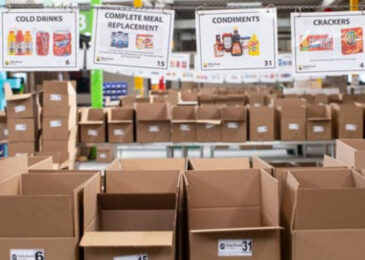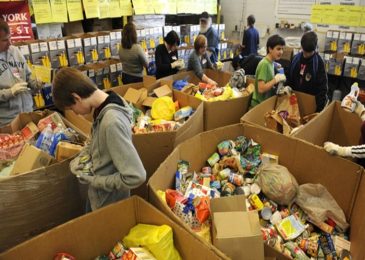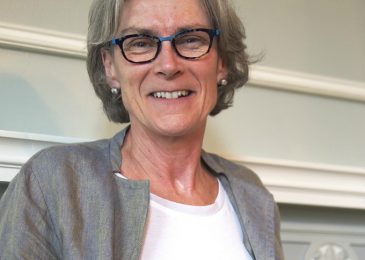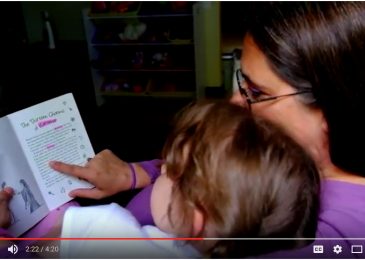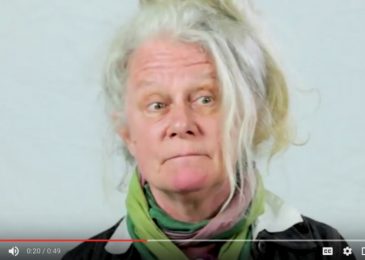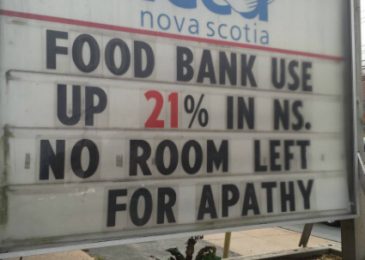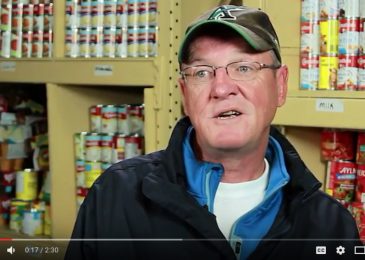More than food banks are needed to feed the hungry during the coronavirus pandemic
Food banks are often stigmatizing, difficult to access and offer little choice, no wonder only about a quarter of those who meet the objective criteria of food insecurity ever went to a food bank. Struggling Canadians need sufficient income to feed themselves now and in the post-pandemic future, write Elaine Power, Jennifer Black and Halifax’s Jennifer Brady.

